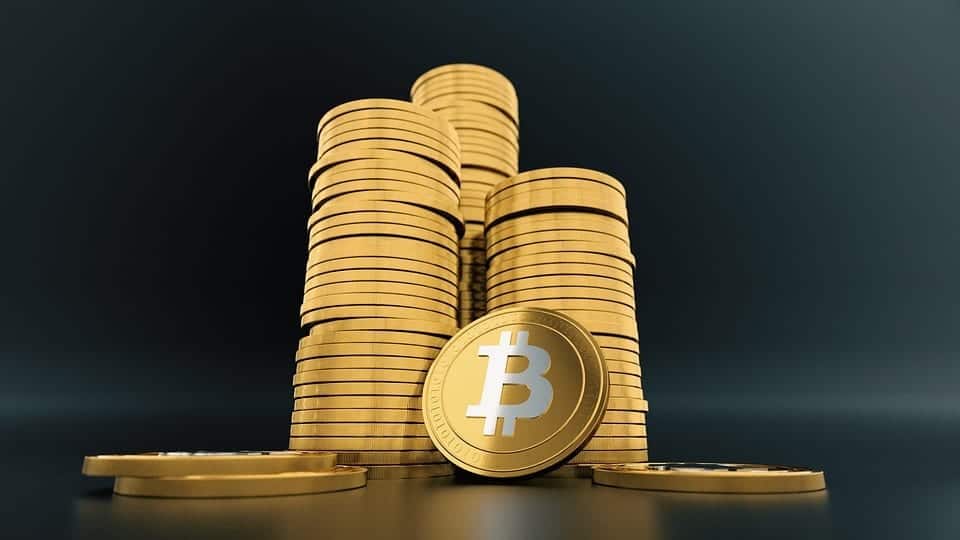Blockchain, the innovative technology behind exciting new cryptocurrencies such as Bitcoin and Ethereum could potentially be a serious game-changer, but if it is already creating brand new currencies to rival the US dollar, what else can it do?
Some of the hot topics of this discussion include smart contracts, executing complicated transactions in real-time, replacing notaries, lawyers, banks and even reorganizing wealth in developing countries.
How could Blockchain accomplish all of this you may ask? Well, Blockchain is uniquely secure by design. In the blockchain system, each block contains a timestamp, the hash value of the previous block (‘parent’), and a nonce, which is a random number for verifying the hash.
The integrity of the entire blockchain through to the first block (‘genesis block’). The blockchain is extended by each additional block and hence represents a complete ledger of the transaction history.
To restate this in layman’s terms, there are chains of blocks containing information that are timestamped in such a way that makes it impossible to tamper with the data. This makes Blockchain incredibly useful wherever there is a need for great security and anywhere that can benefit from ‘‘a shift from trusting people to trusting math”.
This holds true because, in contrast to centralized systems, the functionalities of the network persist even if particular nodes break down. Just think of how many places this could come in handy.
It takes away the need to truly trust the other party in a transaction and instead people need only trust in the system as a whole. This allows us to eliminate intermediaries that were once necessary for important business transactions as well.
Now one of the ways that this can be incorporated into our lives is through the usage of smart contracts. Smart contracts are not an entirely new idea as the concept was introduced to the world in 1997 by Nick Szabo.
Their popularity, however, has been gaining traction in recent years, as Blockchain has provided the perfect catalyst for this technology to take off. These contracts can also be used to control the ownership of properties. These properties might be tangible (e.g., houses, automobiles) or intangible (e.g., shares, access rights).
One primary place that these smart contracts could come in handy is in the process of purchasing a home. According to Goldman Sachs, ‘blockchain could reduce title insurance premiums and generate $2– $4 billion in cost savings in the US by reducing errors and manual effort’.
Another way that these contracts could help improve our world is through the redistribution of wealth in developing countries. Especially in the third world, landowners have problems proving the ownership if, for example, the local government aims to expropriate the population.
These existential threats can be controlled by integrating land titles into the blockchain. This technology could have helped stabilize economies and keep oppressive governments from gaining too much power by decentralizing the wealth.
Overall we believe that Blockchain software applications have the power to do some serious good in our world, from just speeding up and simplifying lengthy transaction processes and eliminating the need for third parties in many cases, to giving power back to struggling populations in developing countries.
They say that money makes the world go around, so by redefining what currency is and how we interact with it, we can change the world through Blockchain.







